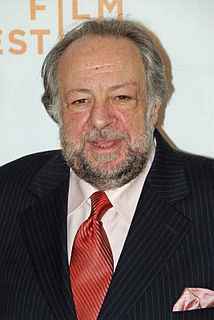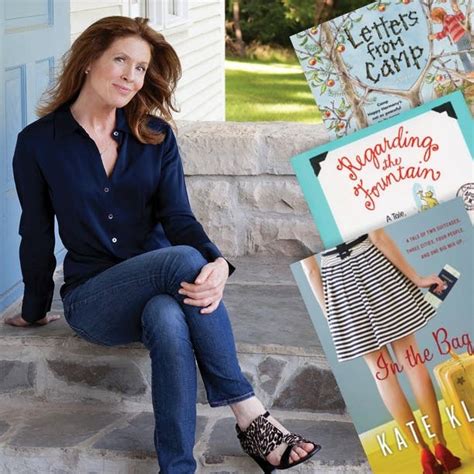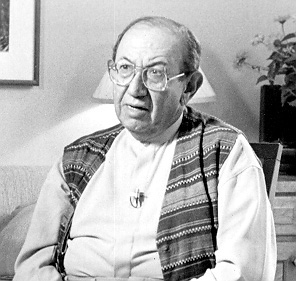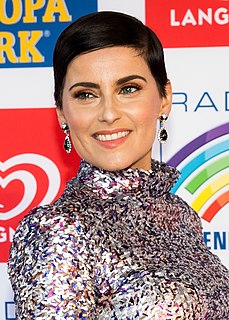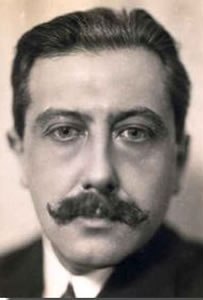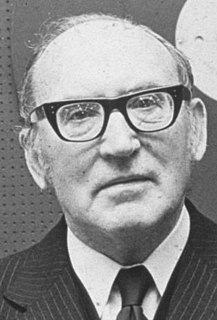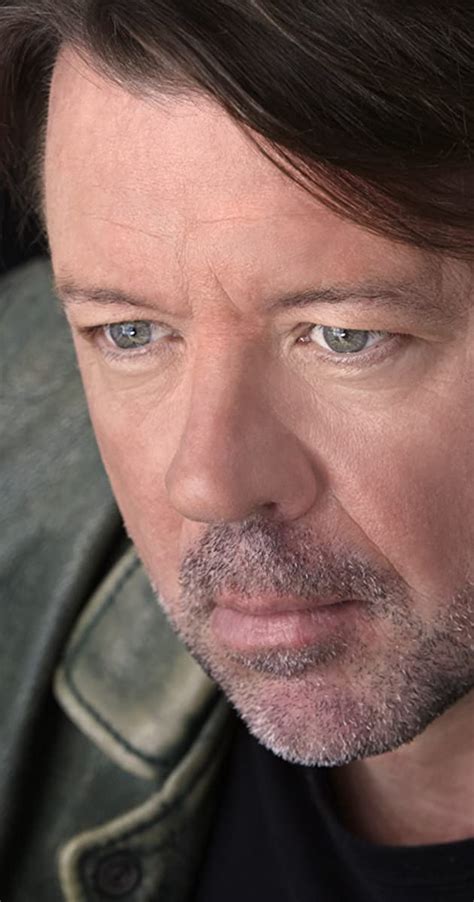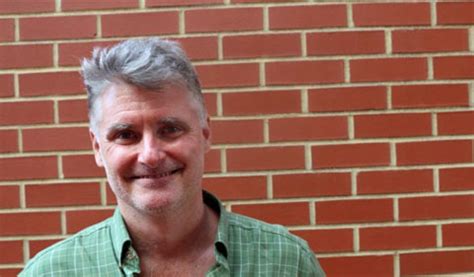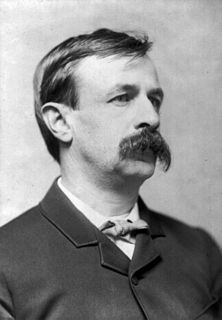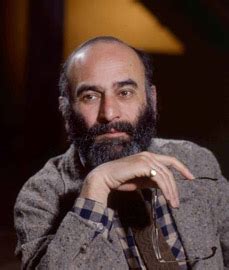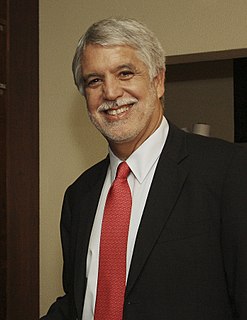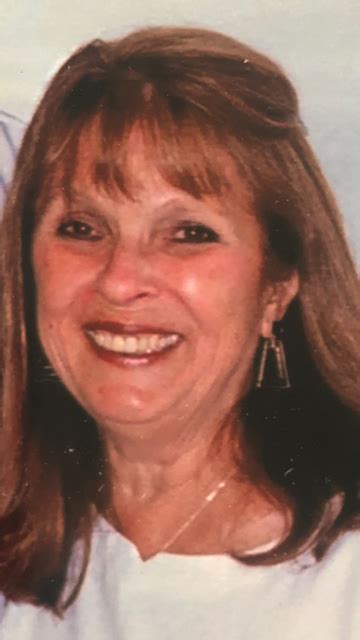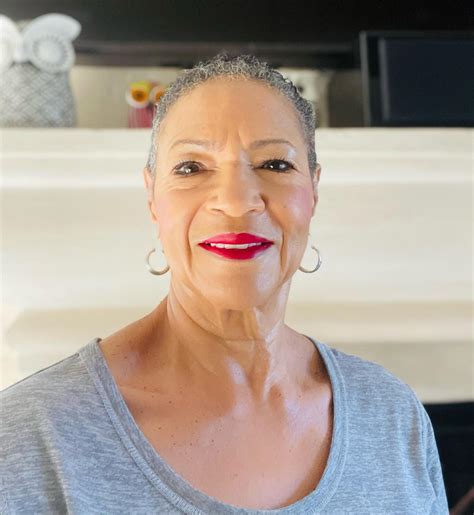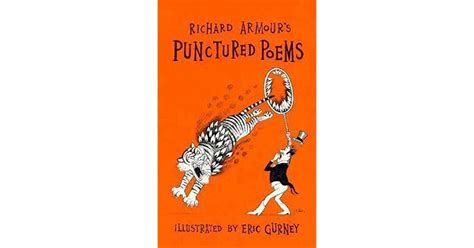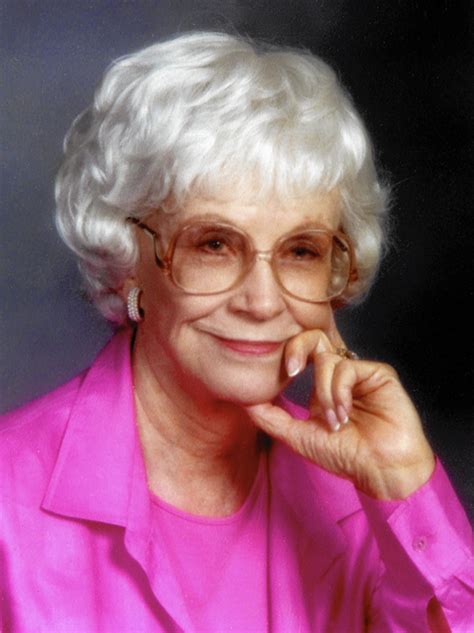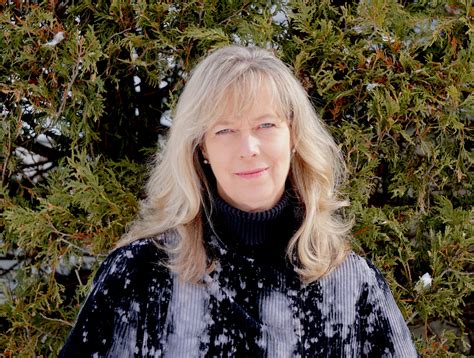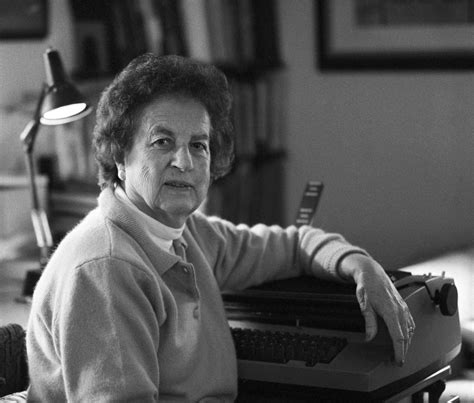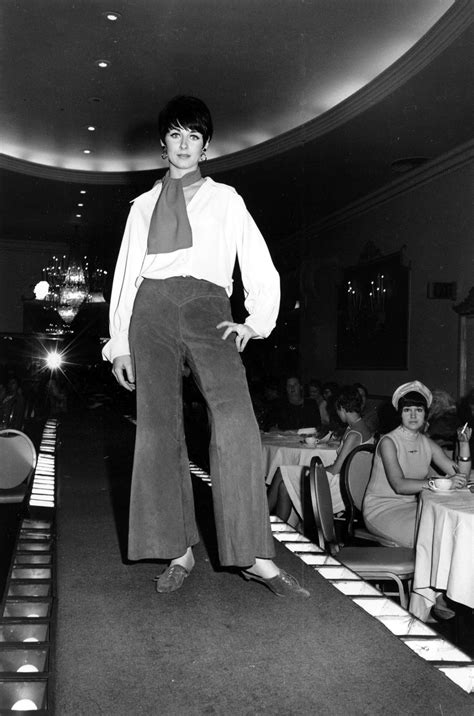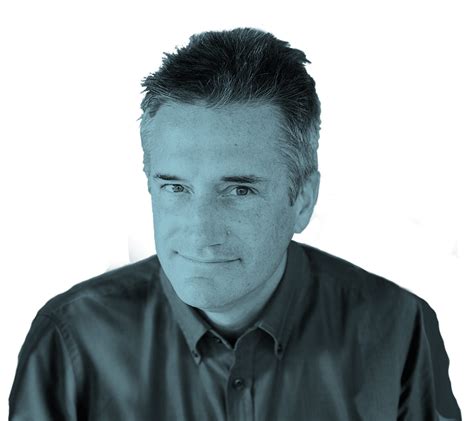Top 719 Libraries And Librarians Quotes & Sayings - Page 11
Explore popular Libraries And Librarians quotes.
Last updated on April 20, 2025.
I think the public library system is one of the most amazing American institutions. Free for everybody. If you ever get the blues about the status of American culture there are still more public libraries than there are McDonald's. During the worst of the Depression not one public library closed their doors.
Sitting with a deck of cards in your hand all day is an obsession. Visiting print shops and bookstores and libraries is an obsession. And writing about this is an obsession. I think, in general, most collectors are obsessed. I think the only form of a rationalized greed is when you're collecting something you are supposedly serious about.
Every comedian is furious. Age makes me angry. I'm unhappy at not being able to open packages anymore. I'm angry that libraries have gone. I hate children on planes. I'm very shallow, so they tend to be little things. To be honest, I think I was probably angry the day I was born, you know, about diapers or something.
I often wonder what my life would be like without the use of a library. Throughout my education and career, public and private libraries have been not only the key to much of the knowledge I have acquired, but also have given me a direction within my profession. The best thing about the library is that it is available not only to me, but to everyone. It does not discriminate.
As the strata of the earth preserve in succession the living creatures of past epochs, so the shelves of libraries preserve in succession the errors of the past and their expositions, which like the former were very lively and made a great commotion in their own age but now stand petrified and stiff in a place where only the literary palaeontologist regards them.
I recall that I had a terrible struggle finding anything antireligious in the school libraries.But many years later my family moved into a house where a woman had left a box of books containing 20 volumes on the history of the Inquisition. I found out there was a word for people like me: "heretic." I was kind of delighted to find I had an identity.
I would walk into the Carnegie Library and I would see the pictures of Booker T. and pictures of Frederick Douglass and I would read. I would go into the Savannah Public Libraries in the stacks and see all of the newspapers from all over the country. Did I dream that I would be on the Supreme Court? No. But I dreamt that there was a world out there that was worth pursuing.
I used to stand in front of the mirror in my bedroom. I shared a bedroom - like a lot of people in my era, in my neighborhood - with my two brothers and an uncle. And I'd stand there in front of the mirror over the dresser and I would practice: meek young men grow up in libraries, believing it their duty to accept the views of Cicero, Bacon and Baba.
There is nothing for it but for all of us to invent our own ideal libraries of classics. I would say that such a library ought to be composed half of books we have read and that have really counted for us, and half of books we propose to read and presume will come to count—leaving a section of empty shelves for surprises and occasional discoveries
I can't help but admire the structural linguists who have carved out for themselves a linguistic discipline based on the deterioration of written communication. Another case of men devoting their lives to studying more and more about less and less - filling volumes and libraries with the subtle linguistic analysis of the grunt.
Since our online libraries are so extensive, we think we can make all the right decisions about our personal health and well-being by pushing buttons. It's not intuitive anymore. That's the internet. Before the net, we would have gone to the community or our families to see what we should do. We often feel more isolated on our own little islands because of it.
Fact is Our Lord knew all about the power of money: He gave capitalism a tiny niche in His scheme of things, He gave it a chance, He even provided a first installment of funds. Can you beat that? It's so magnificent. God despises nothing. After all, if the deal had come off, Judas would probably have endowed sanatoriums, hospitals, public libraries or laboratories.
Professor Wilkes is best known as the builder and designer of the EDSAC, the first computer with an internally stored program. Built in 1949, the EDSAC used a mercury delay line memory. He is also known as the author, with Wheeler and Gill, of a volume on "Preparation of Programs for Electronic Digital Computers" in 1951, in which program libraries were effectively introduced.
We English majors...need to promote public libraries as a tool in the war against terror. How many readers of Edith Wharton have engaged in terroristic acts? I challenge you to name one...Do we need to wait until our cities lie in smoking ruins before we wake up to the fact that a first-class public library is a vital link in national defense?
A primatologist told me you can find love in the eyes of an orangutan. It's that old primate gleam that goes back thousands of years and can penetrate the deepest gloom of the jungle. Nothing can deter that gleam, which is why we primates have survived for so long to meet and procreate. In prison, the survival of romance is not easy, but it finds a way ... In Canada, there has been a succession of romances between prisoners and female guards, nurses, librarians, and one Catholic nun who married the convict after he divorced his wife.
At the 1894 ALA conference it was fairly well agreed that the primary goal of the public library must be to teach good citizenship. Libraries recognized that such "Americanization" could be achieved through literacy. Thus, teaching immigrants to read was not just a benefit in and of itself; literacy would also serve the interests of democracy.
Jace's eyes sparkled, but he said calmly, "Not at all. the Silent Brothers can help her retrieve her memories." "You hate the Silent Brothers," protested Isabelle. "I don't hate them," said Jace candidly."I'm afraid of them. It's not the same thing." "I thought you said they were libarians," said Clary. "They are librarians." Simon whistled. "Those must be some killer late fees.
For an academic to launch a public conversation about journalistic integrity, the role of religion in society, scholarship and faith is a dream come true. These are the kinds of things that we sit around talking to each other about in our dusty libraries. To see these conversations take place in popular culture is the best thing that could have ever happened.
My family supported me. I wasn't hot-housed at all as a young child; I didn't go to any kind of gifted school. They didn't exist in the very poor parts of England when I grew up in the 1980s. I had a great time to learn, had access to libraries and teachers who were patient and enthusiastic when I showed ability in some subjects.
I cannot sufficiently celebrate the glorious liberty that reigns in the public libraries of the twentieth century as compared with the intolerable management of those of the nineteenth century, in which the books were jealously railed away from the people, and obtainable only at an expenditure of time and red tape calculated to discourage any ordinary taste for literature.
Many adult book authors supplement their income by teaching at the college level. Full-time professors fare well, but pay for adjunct professors is notoriously shabby. Children's book authors have a sweeter deal. We're invited by schools, libraries, law firms, and Fortune 500 companies to share our best writing tips and strategies.
We had to build a city not for businesses or automobiles, but for children and thus for people. Instead of building highways, we restricted car use. We invested in high-quality sidewalks, pedestrian streets, parks, bicycle paths, libraries; we got rid of thousands of cluttering commercial signs and planted trees. All our everyday efforts have one objective: Happiness.
The amplification of our diverse literary voices is a political act of resistance. Our lives are important, too. Our lives should be represented in our literature. And that literature is vital, compelling, and accessible. That literature deserves to be disseminated and noticed and available. And with respect to the dissemination and promotion of diverse voices - librarians, educators, and editors of literary journals play such an important role. They deserve not only a hearty shout out, but also our thanks and support.
I was on television a couple of years ago and the reporter asked me, "How does it feel being on mainstream media? It's not often poets get on mainstream media." I said, "Well I think you're the dominant media, the dominant culture, but you're not the mainstream media. The mainstream media is still the high culture of intellectuals: writers, readers, editors, librarians, professors, artists, art critics, poets, novelists, and people who think. They are the mainstream culture, even though you may be the dominant culture."
Book burning is a charming old custom, hallowed by antiquity. It has been practiced for centuries by fascists, communists, atheists, school children, rival authors, and tired librarians. Like everything of importance since the invention of the cloak and the shroud, its origins are cloaked in mystery and shrouded in secrecy. Some scholars believe that the first instance of book burning occurred in the Middle Ages, when a monk was trying to illuminate a manuscript. All agree that book burning was almost non-existent during the period when books were made of stone.
Books were the window from which I looked out of a rather meager and decidedly narrow room onto a rich and wonderful universe. I loved the look and feel of books, even the smell... Libraries were treasure houses. I always entered them with a slight thrill of disbelief that all their endless riches were mine for the borrowing.
One cannot celebrate books sufficiently. After saying his best, still something better remains to be spoken in their praise. As with friends, one finds new beauties at every interview, and would stay long in the presence of those choice companions. As with friends, he may dispense with a wide acquaintance. Few and choice. The richest minds need not large libraries.
Maybe we were being a bit unrealistic, but we had this hope that if we could just get into the Ivy League, everything would be set. We dreamed of Gothic libraries and leafy green quads and romantic dorms with fireplaces and guys who were not only cute but also smart and charming, and, quite possibly, British. In college, we believed, we’d finally find our people.
Please just look at those Indonesian cities: Jakarta, Surabaya, Medan... are there any other cities on earth, of that size, with such an absolute chronic lack of culture, and institutions that are supposed to make people think? Like theatres, archives, grand libraries, concert halls, art cinemas, progressive bookstores... There is nothing here.
When I lived in China, there were no libraries. My mother bought books for me, and they were mostly the classics. I read 'Peter Pan,' 'The Secret Garden,' the 'Rosemary' books, and Kipling's 'Just So' Stories was one of my favorites. No, I didn't read historical fiction. It didn't exist where I was growing up in China.
Most people would say they live with an internal angst that they can't always put their finger on. This is because the Internet has changed our very way of being in this world, compelling us to be perpetually "on" - from our cars to our computers, our tablets to our smartphones, our desks to our living rooms or dining tables, our churches to our libraries to our schools.
Thomas Young was born in 1731 in upstate New York. The child of impoverished Irish immigrants, he grew up in a log cabin without the benefit of a formal education. But he was an avid reader who began collecting books at a young age and eventually amassed one of the finest personal libraries in New England.
In the fifties, you have your beauty as a treat. I thought that until I hit the sixties.In your sixties, life decides to reward you with certain kinds of profound appreciation, so that people name their children and schools and libraries after you! And you still have your sexuality and your sensuality. If you want your sexuality, you still have it.
My parents didn't know much science; in fact, they didn't know science at all. But they could recognize a science book when they saw it, and they spent a lot of time at bookstores, combing the remainder tables for science books to buy for me. I had one of the biggest libraries of any kid in school, built on books that cost 50 cents or a dollar.



